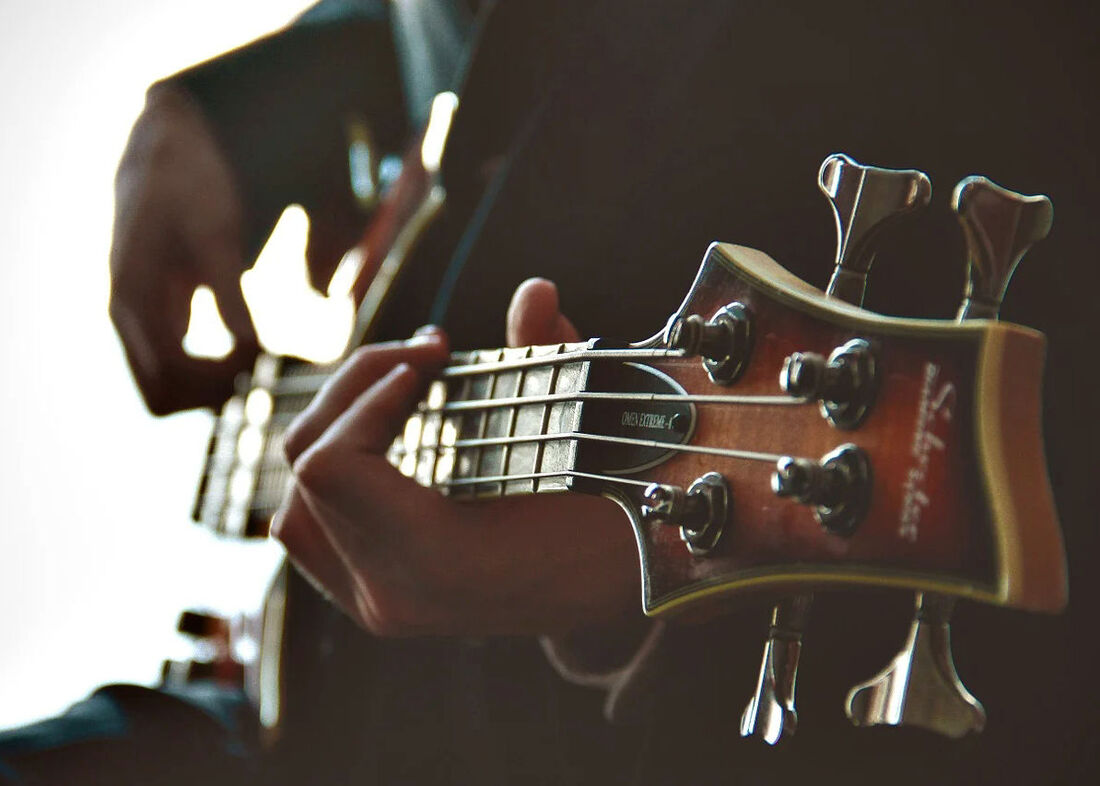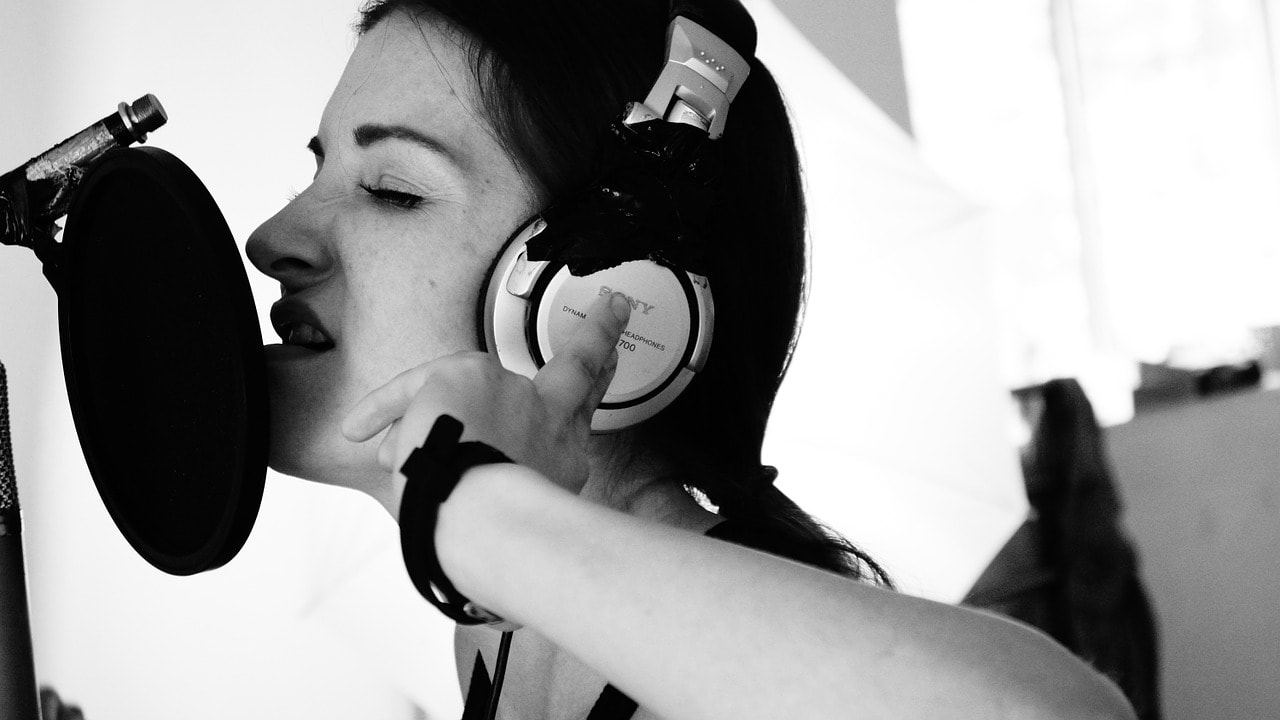We tend to perform our very best doing something in which we are genuinely interested. Choosing an instrument and music that interests you will ultimately keep you motivated for the long run. You may like the western classical genre when it comes to playing the flute, or you might be more pleased with the pop/rock piano.
Examining your personality and interests can lead you to know where you will fit best. Would you enjoy playing drums in a band? Or would you like to play solo? Choosing something that suits your interests and personality will make you stay motivated and master what you learn more effectively.
2. Self-discipline is Key
Learning to play musical instruments requires some level of self-discipline. You are investing time and possibly money into learning music, so you must meet your objectives.
A key to staying goal-oriented is to set targets and a timeline to achieve them. Jotting them down and reviewing them will help you stay focused. For example, what level of learning do you want to reach in 2 weeks? Setting targets throughout the process will actuate you to do better. Although practicing music is an integral feature of learning and making improvements, it is futile without having self-discipline.
3. Learn Music Theory
Besides listening to music, studying music theory can help you make the most out of your learning experience and hasten the process. As believed by the people behind https://hellomusictheory.com, digging deep into how a musical piece is composed will expand your musical repertoire and can accelerate your growth as a musician. There are several resources to help you learn music theory. Take a look at the different platforms utilized by music enthusiasts to learn the fundamentals of music composition.
4. Play for Someone
Another crucial tip that will boost your ability to play better and confidence is playing for a friend and receiving positive reinforcement. Sit with your friend and play your guitar or your favorite piano style. While we strive for perfection, it is not always possible to give a note-perfect performance at all times. With positive feedback and encouragement, you will be open to making amends for your inconsistencies and mistakes. That will encourage you to learn more and improve your existing skillset and performance.
Ask your friend questions like how did I play? How did it sound? Playing your instrument for your friend, again and again, will help you know about the areas that you lack and the shortcomings you need to overcome.
5. Practice Makes Perfect
It may seem like a total no-brainer, but there is no recourse with this one. Even the best in the business spend a large amount of time practicing. The key to transitioning from a total neophyte to a skilled learner is through consistent practice and patience. Practicing is a ladder that you must climb to go from average to good.
Make a daily practice schedule and strictly adhere to it. With constant practice, you will gradually make progress and develop the confidence to achieve even better. Once you incorporate it into your daily routine, you will do it without giving it a second thought. Choose a calm environment to practice in that is free from any distractions, so you remain focused at all times.
6. Take Breaks
Practicing while taking regular breaks will help your brain retain the skills and notes for the long run and enhance your overall productivity. Have you ever tried learning in chunks? If not, you better do.
Practice your skills for half an hour and follow it up with a fifteen-minute break, where you should let your brain retain the rhythm. You can try breaking your song into different sections as it will help you memorize more thoroughly, or you could also record yourself playing. That will not only allow you to identify your mistakes but also learn through the inconsistencies and imperfections.
7. Enjoy the Process
Don’t let the learning process become a burden, or you will not enjoy the experience. Enjoying the process of learning just as much as enjoying the feeling of achievement should be your strength. Truly relishing your instrument and music is what will ultimately give you growth. You may consider playing with a band or a group, as playing together can be socially satisfying and quite fun. After all, the best way to learn and perform well is wholeheartedly enjoying what you do.











